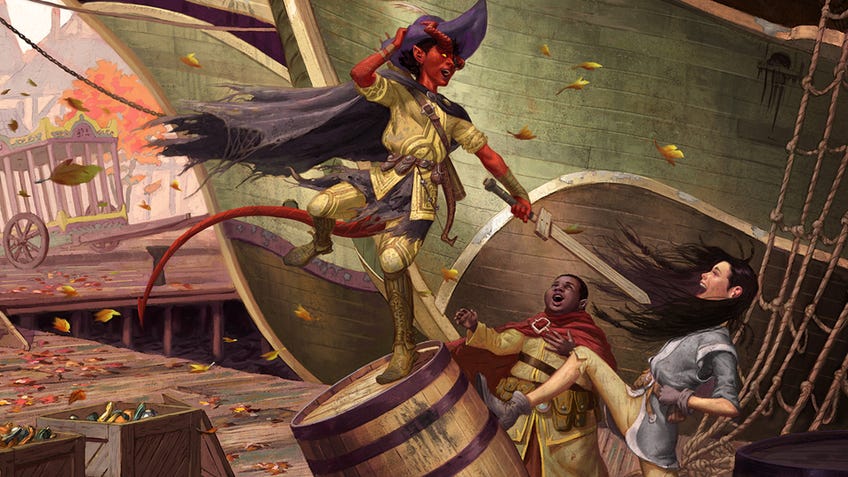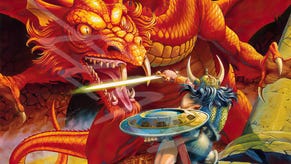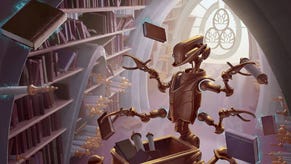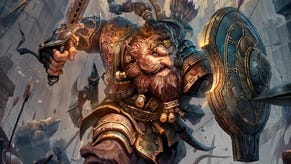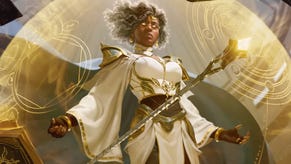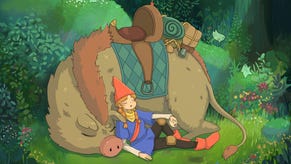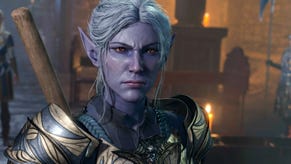How to start a Dungeons & Dragons roleplaying group
From finding players at conventions to playing D&D online, here’s everything you need to get your party started.
So you know how to get started with Dungeons & Dragons as a player, how to make Dungeons & Dragons characters and what to buy if you want to play Dungeons & Dragons.
Now you just need the people to play with.
If you want to play D&D, but don’t currently know anyone else who does, finding a group to play with can be a daunting prospect for a beginner. However, there are places that exist for the sole purpose of helping you start a roleplaying group, from finding players at conventions to playing Dungeons & Dragons online.
The Adventurers League
Wizards of the Coast have a site specifically designed to help people find official D&D events called the Adventurers League, wherein voluntary DMs run sessions for players.
These events take place across the world, so there’s a good chance that you could pop along to one at a local store or venue some point.
A game that’s organised through the Adventurers League is an especially good shout for new players, as they’re designed to follow set campaigns (and are therefore, more straightforward than homebrew games) and offer more opportunities for support.
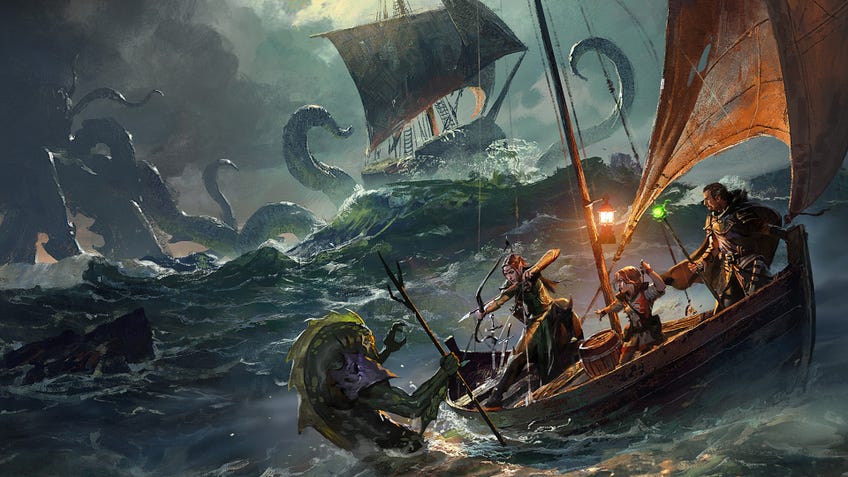
Find players at conventions
Alternatively, big tabletop conventions and events such as UK Games Expo and PAX Unplugged (which is owned by Dicebreaker parent company ReedPop) often have entire halls set aside for people to play tabletop roleplaying games like D&D. There are options for people who can’t bring their own group, and you’ll even be able to sign-up to starter sessions that are perfectly designed with new players in mind.
These events are an especially great way to experience D&D, as the games are moderated by volunteers who are highly knowledgeable, and as such, should be able to guide you with confidence. They also have a duty to deal with any potentially inappropriate content or behaviour, so as long as they’re doing their job properly, which should provide a safe environment for you to be introduced to D&D.
Friendly local game stores and board game cafes
If you’re hoping to find something a little more regular, then many board game stores and cafes organise their own D&D nights designed to help new players find groups. You can certainly scout out your nearest board game cafe, and ask inside or check their website. However, these will more-often-than-not be listed on sites like Meetup, which is a genuinely great tool for finding local tabletop RPG enthusiasts looking for additional players.
Find players online
Alternatively, there are undoubtedly plenty of other social media avenues to explore, such as LFG (Looking For a Group) community on Reddit, which is a place specifically designed to help aspiring RPG players find potential party members.
Another option is to search on Facebook, as you’ll be surprised by how many D&D players post their interest to start or run campaigns in local groups.
How to play Dungeons & Dragons online
You don’t have to necessarily restrict yourself to face-to-face opportunities. After all, technology has come a long way, so it is entirely possible to play D&D online. Collectively download a voice and video streaming app, such as Discord or Skype, and that’s your method of communication sorted.

There are plenty of tabletop roleplaying hosting services out there, such as Roll20; which happens to conveniently store all your character information, as well as provide a space to interact with shared maps and battle scenes. Sure, online D&D doesn’t have quite the same atmosphere as a face-to-face experience, but it’s certainly more convenient and allows for you to join groups regardless of location (perfect for playing with people you find on social media, who don’t happen to be local).
Campaign or one-shot?
Long-term D&D arrangements, like the above, will likely involve you playing an ongoing campaign that takes place across multiple sessions. Most publicly organised D&D events, meanwhile, will probably have you playing one-shots, which are campaigns designed to begin and end in a single session.
If you want your first D&D experience to involve more character growth, both mechanically and narratively, then longer arrangements are a much better option. Intricately designed characters are somewhat wasted on one-shots, but can potentially be reused if you manage to find yourself a semi-permanent group. Deciding whether you’d rather keep to one-shots or dive right into an epic year-long campaign is entirely up to you, but I’d certainly recommend giving a quick session a try before deciding on which direction to take (it’s certainly what I did).
Scheduling D&D nights
If you do decide to jump into D&D for the long-haul, then please take one little thing into account: nobody has an infinite amount of time, especially adults. There is absolutely zero point in starting anything remotely D&D, unless you have at least three to four hours to spare. Which is why it’s essential that you take a realistic approach to how often you can play; whether that’s once a week, once a fortnight, or once a month. Overpromising on your availability doesn’t do anyone any favours, so be sure to establish how frequently you can play from the outset.
The more popular D&D gets, the more opportunities there will be to find other people to play with. Heck, you can even just try putting out your feelers into the Dicebreaker community to see if anything bites. If you happen to have any more D&D quandaries, then our guides are almost certain to provide the answers you need.
